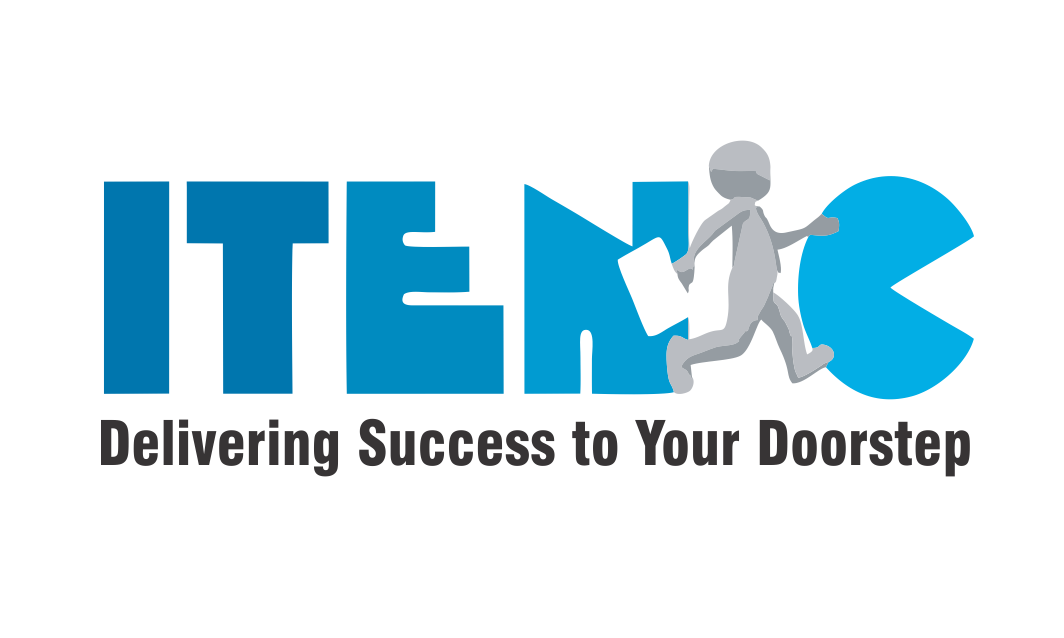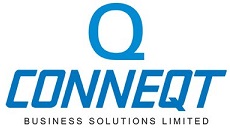
Talent Transformation
Learn about our history and work
Talent Transformation refers to the strategic process by which organizations evolve and optimize their workforce to meet changing business needs, technological advancements, and industry trends. This transformation involves a comprehensive approach to talent management, development, and acquisition.
Here are key aspects and considerations related to Talent Transformation:
- Alignment with Business Strategy: Talent Transformation begins with a deep understanding of the organization’s strategic goals and objectives. It aims to align the workforce with these goals to drive business success.
- Continuous Learning and Development: It emphasizes the importance of ongoing learning and development for employees at all levels. This includes upskilling, reskilling, and providing access to training and educational resources.
- Adaptation to Technology: In the era of digital transformation, organizations must adapt to new technologies. Talent Transformation involves acquiring and nurturing the skills required for emerging technologies such as artificial intelligence, data analytics, and automation.
- Agile Workforce: Talent Transformation promotes agility in the workforce, enabling employees to adapt to changing roles and responsibilities. This may involve cross-training, flexibility in job assignments, and the ability to work in multidisciplinary teams.
- Diversity and Inclusion: Creating a diverse and inclusive workforce is a critical aspect of Talent Transformation. It involves recruiting and retaining talent from various backgrounds, experiences, and perspectives to drive innovation and creativity.
- Leadership Development: Developing effective leaders is a key component of Talent Transformation. Leadership training and coaching are essential to ensure that leaders can guide the workforce through change and inspire others.
- Data-Driven Decision-Making: Utilizing data analytics and workforce metrics, organizations can make informed decisions about talent acquisition, retention, and development. This data-driven approach enhances efficiency and effectiveness.
- Employee Engagement: Engaged employees are more likely to contribute positively to an organization’s success. Talent Transformation includes strategies to enhance employee engagement through communication, recognition, and a positive work culture.
- Talent Acquisition: Attracting top talent is a crucial aspect of Talent Transformation. It involves employer branding, innovative recruitment methods, and aligning recruitment practices with the organization’s values and culture.
- Change Management: Implementing Talent Transformation often involves significant changes in the organization. Effective change management strategies are essential to ensure a smooth transition and minimize resistance.







